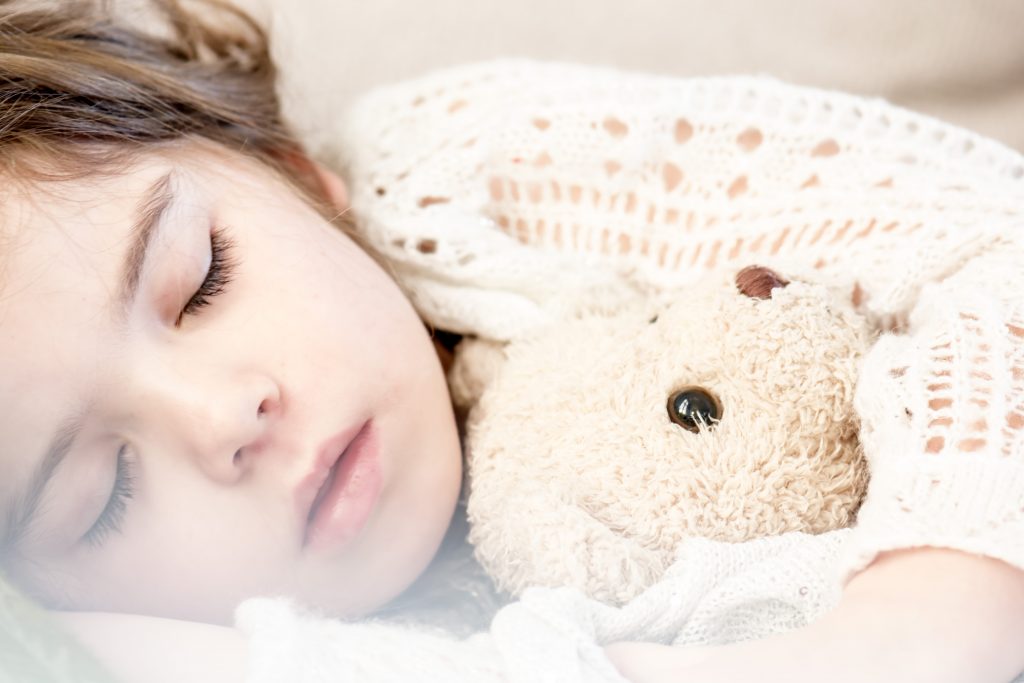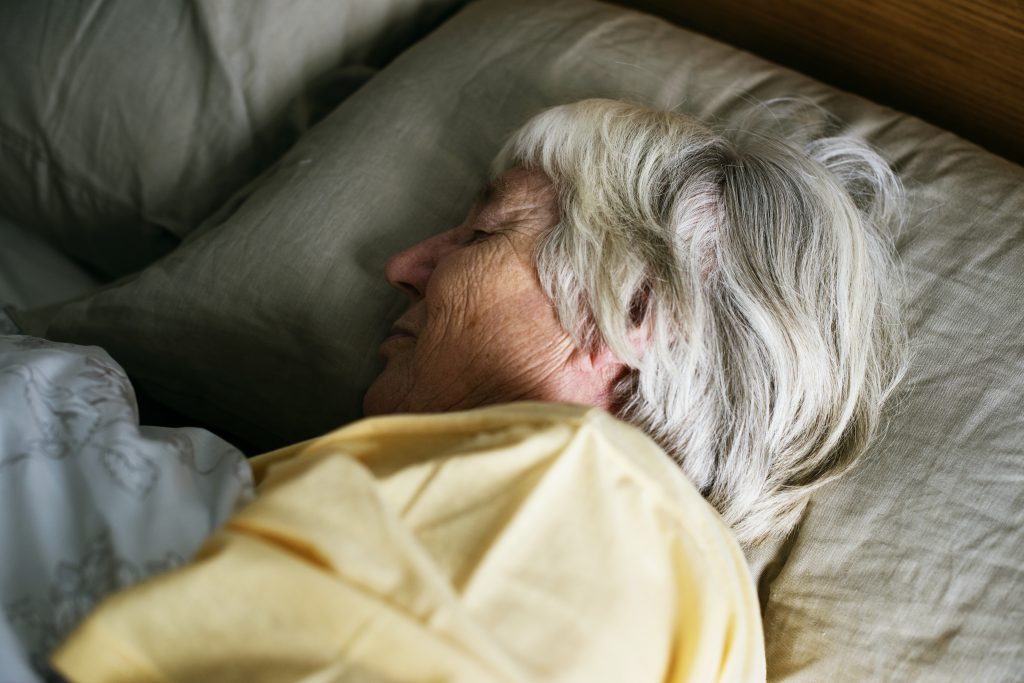Sleep apnea is a sleeping disorder where you can stop breathing briefly while you sleep. In this article, we’ll discuss what are the types of sleep apnea, what are the causes and if sleep apnea is hereditary.
Is Sleep Apnea Hereditary?
Sleep apnea is a disorder where you briefly stops breathing while you sleep. There are two types to this disease:
1. Central Sleep Apnea
Happens when the brain does not send the proper signals to the muscles that control your breathing.
2. Obstructive Sleep Apnea
This happens when the muscles in the back of the throat relax too much and cause the throat to totally or partially close.
Both types are caused by different factors like:
- genetics
- health
- lifestyle factors
Is central sleep apnea hereditary?
Some underlying causes of central sleep apnea like heart disease can be genetic. However, in most cases, they do not. There is only a little evidence found saying that central sleep apnea can be hereditary.
Risk factors of central sleep apnea include:
- ageing
- being male
- having previously had a stroke
- congestive heart failure or other heart issues
- opioids use
Is obstructive sleep apnea hereditary?
A lot of research suggested that obstructive sleep apnea is about 40% caused by genetics, which means it can be hereditary while the other 60% is environmental or lifestyle-related.
While all the research shows it can have a genetic link, scientists have not yet discovered which genes are specifically responsible for this condition.
Obesity has shown to have underlying genetic causes. Since obesity is a major risk factor, it can be an indirect connection that obstructive sleep apnea can be hereditary.
Risk factors for developing obstructive sleep apnea include:
- obesity
- having a thicker neck
- being male
- family history
- ageing
- menopause
- using alcohol or sedatives
- having a small lower jaw
- having large tonsils
- smoking
- nasal congestion
- hypothyroidism
What about infant sleep apnea? Is it hereditary?
This type of sleep apnea happens for children younger than one. It may be central, obstructive or even mixed. The symptoms can include:
- breathing stoppages during sleep
- bluish skin, mouth, and lips
- slow heart rate
The causes of infant sleep apnea are still unknown but the potential causes and risk factors include:
- premature birth
- underdeveloped brainstem (part of the brain that controls breathing)
- underlying medical condition (lung disease, infection, metabolic disorders, or seizures)
- and sometimes, it can be hereditary.
And just like with adults, some risk factors can be tied to genetics like having small airways.
When to see a doctor
If you have any of the following symptoms, you should talk to a doctor about potential causes, including sleep apnea:
- snoring
- daytime fatigue
- morning headaches
- irritability
- choking or gasping while sleeping
- memory loss
- difficulty concentrating
- waking up in the middle of the night
Since loud snoring is the most visible symptom of sleep apnea, it may be the first one to notice. If your snoring keeps them awake or wakes you up in some ways, you should already talk to a healthcare provider about the symptoms.
Diagnosing sleep apnea
If you have some of the symptoms listed above, especially if you have obesity, it can already be enough for a diagnosis. But in order to get more information, doctors can ask more of your sleep history from you and the people you live with.
They might refer you to a sleep specialist for an evaluation.
The evaluation will be overnight monitoring at home or at a sleep centre. During this, they will be measuring vital signs like your heart rate, breathing, and oxygen level.
If they suspect obstructive sleep apnea, they may send you in for an evaluation to an ear, nose and throat doctor. But if they think you have central sleep apnea, you will be taken to a cardiologist or neurologist to check any underlying cause.
Takeaway
There are so many underlying causes of sleep apnea. Even though health and lifestyle factors have the biggest effect, it may also be linked to your genetics. And the more relatives you have with it, the bigger chance you are to develop the condition as well.









